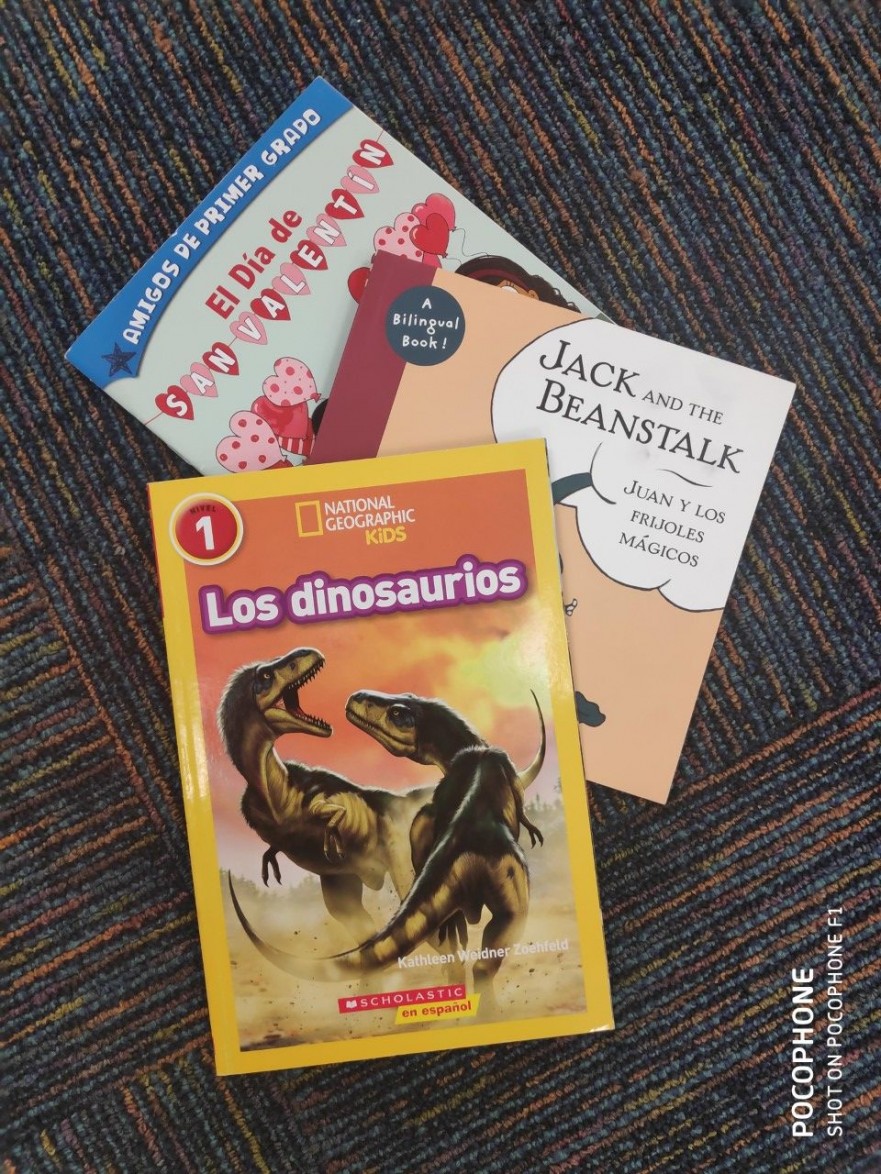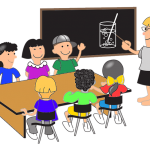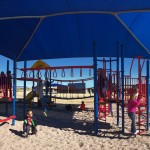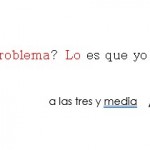‘English Only’ Laws in Education on Verge of Extinction was the title that immediately caught my eye during my recent review of Education Weekly. The article, written by Corey Mitchell gave a brief overview of the history of bilingual education and the recent victories in Arizona, California, and Massachusetts that are bringing an end to this educational ban in those states. After reading the article, it was clear that monolingual students in the classroom may very well become a reality in our near future. In thinking about the needs of this situation, an old question that I have been trying to resolve within myself resurrected: Why are we not better supporting teachers in becoming bilingual speakers?
While I am aware that there continues to be an increasing number of monolingual students in our schools that are not Spanish speaking, Spanish is the most common one present. Supporting all teachers that are willing to learn the language seems a logical approach to take when trying to support our population of Spanish speaking students. Becoming a bilingual speaker is something I have been working on for a while. I am blessed with a Spanish speaking Instructional Assistant, but as the teacher, there are many instructional and relationship building opportunities that are lost because of my lack of command for the language.
In addition to this, I speak in Spanish as often as possible with my Spanish speaking students, families, and other staff (they are all patient and supportive). I also listen to Spanish language blogs, use workbooks with my students (I am typically the student), and should own stock in Google translate. I think my attempts would be more effective if I had an instructor that can guide me in language acquisition through conversation based instruction, but these courses are expensive (starting at a thousand plus). They also highly suggest participating in an immersion program in a Spanish speaking country (why can’t we do that here in Arizona?).
Having more bilingual teachers providing instruction would also support our always in demand bilingual teachers. In addition to being the default bilingual instructor, we may be expecting too much from them as they also become the ones we look to for help with clarifying communication between students, teachers and parents, advocate for mono and bilingual students, educate and bring awareness about cultural uniqueness, and close achievement gaps. Without a doubt, bilingual instructors are wearing too many hats!
As an African American teacher, I have experienced similar expectations and they in no way make a tough job easier. I find it frustrating and irresponsible for teachers not to education and better equip themselves on the key issues that will help them better support and educate their students. Yes, learning a new language is not the same as reading a book. Yet when the increasing majority of our students have English as a second language, I think it is safe to say it can be counted as “best practice” to do what you can to communicate directly with your students. A part of the answer is providing adults with Spanish as a second language classes that are as easy to access as English as a second language classes. In the age of equitable educational opportunities for all, having a monolingual teacher as the expected instructor may also be quickly coming to an end.
Did this get you thinking more about equity in education? If you want to go further with the conversation, consider attending Deep Equity by Design at the azk12 Center or any one of their enlightening events on this topic. Bring a friend!
Also, listen to their podcast on this topic: S6 Episode 8: Arizona English Learner Policy Updates with Kate Wright.









